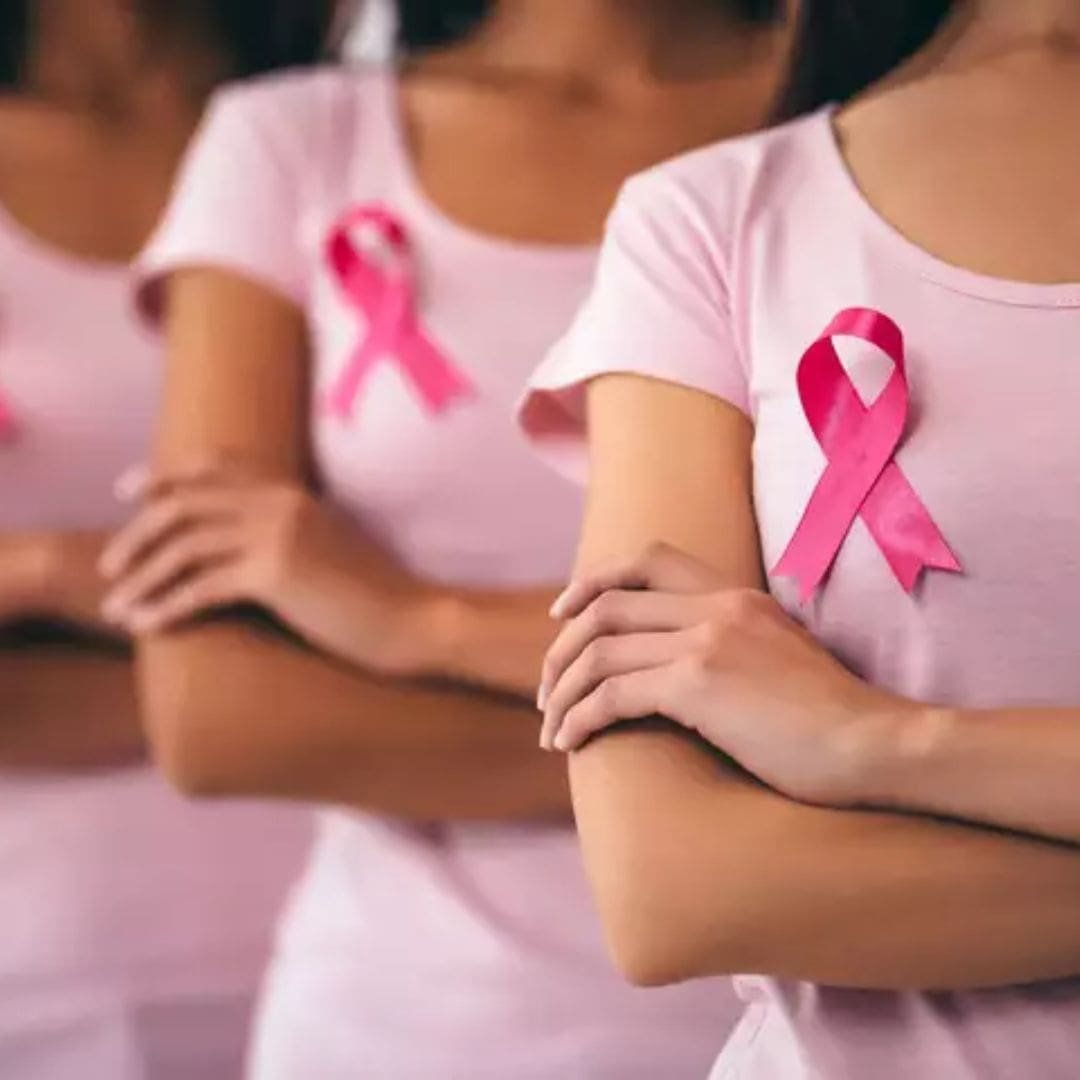Every year on February 4, World Cancer Day is commemorated to promote cancer awareness, advocate its prevention, identification, and treatment, and highlight how it affects millions of people worldwide. The “closing the care gap” campaign, which is about identifying the disparities in cancer care and taking steps to make the necessary progress toward their correction, is in its second year this year. As we gain a better understanding of the many developments affecting the numerous types of cancer that affect people, it’s critical to shift our attention to two specific cancers that are steadily increasing among young women: breast cancer and colorectal cancer.
The average age of breast cancer diagnosis is 62, according to the American Cancer Society. On the other hand, colorectal cancer typically develops after the age of 60. However, studies suggest that in recent decades, the incidence of breast and colorectal cancer among young women has somewhat increased.
In the entire world, 1 in 8 women will develop breast cancer. Although it rarely affects women under the age of 45, breast cancer primarily affects older women. However, this is also happening to young women due to evolving cancer tendencies. According to some study, women under the age of 45 account for roughly 9% of all new incidences of breast cancer, according to Dr. Kaushal Kishor Yadav, Senior Consultant and Clinical Lead, Surgical Oncology, Narayana Hospital, Gurugram.
A similar pattern for colorectal cancer was highlighted by Dr. Vinay Gaikwad, Director, The Oncology Centre, CK Birla Hospital (R), Gurugram. Nowadays, there are more younger individuals with colorectal cancer. Both male and female patients with colorectal disease are being diagnosed more frequently. Females as young as 18 to 19 years old are being diagnosed with colon cancer, he claimed.
Sedentary behaviours and environmental toxicity have drastically changed how we live our lives today, affecting every facet of who we are. They make a considerable collective contribution to our declining health. Similar principles apply to colorectal and breast malignancies as well.
Doctors emphasised the need for changes because the increase in breast and colorectal malignancies among young women is being caused by changing living patterns. These consist of:
Maintain a healthy diet by consuming fruits, whole grains, and leafy green vegetables, and abstain from alcohol.
*Retain a healthy level of activity.
* Don’t smoke.
*Ask your consultant questions.
*Be watchful and alert for danger.
*Keep a healthy weight.

